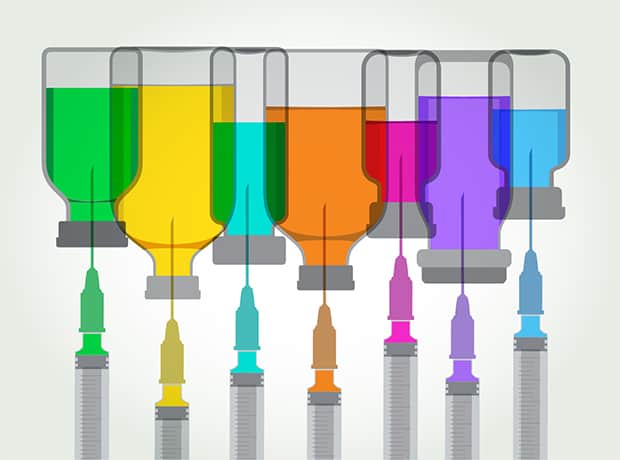UKRI’s MRC awards £27.4m to University of Dundee research unit

The centre aims to discover new drug targets for diseases such as Parkinson’s and hypertension
The UK Research and Innovation’s (UKRI) Medical Research Council (MRC) has awarded £27.4m to a University of Dundee-based cell signalling and disease research centre to continue its studies into diseases such as Parkinson’s, Crohn’s and hypertension.
The MRC Protein Phosphorylation and Ubiquitylation Unit (PPU) aims to discover new drug targets and improve treatment strategies by looking at how signals are transmitted within the body’s cells and deciphering how disruption of these processes can cause disease.
This includes motor neurone disease, cancers, coeliac disease, immune disorders and rare diseases such as mitochondrial diseases.
The five-year funding will help the centre to continue its research which, according to the UKRI, has “already contributed to breakthroughs” such as the BRAF protein kinase inhibitor dabrafenib for melanoma.
A new drug for Parkinson’s disease is also currently in clinical trials following the unit’s research into a signalling protein called leucine rich repeat kinase 2.
Dario Alessi, director of the MRC PPU said: “We are incredibly grateful for the long-term support that our unit has received from the MRC over the last 34 years. This has enabled our researchers to tackle the most important questions and greatly contributed to our understanding of how derailment of biological pathways causes human diseases including neurodegeneration, diabetes, cancer and immune dysfunction.
“Our mission for the next five years will be to work with leading research centres, clinicians and pharmaceutical companies to translate our discoveries into clinical progress and accelerate drug discovery.”
Patrick Chinnery, executive chair of the MRC, added: “[The MRC PPU is a] leader in conducting rigorous fundamental research and then working with industry to translate those breakthroughs for patient benefit. [It has] an outstanding culture of collaboration and sharing [its] leading research expertise, products and techniques with the wider scientific community.”







